All Passcode
- Lessons from the trenches of a cybercrisis rapid response team
Many major security vendors have teams of professionals ready to aid companies under cyberattack. At IBM, calls to the hotline for its emergency response team dubbed 'Cyber 911' have tripled over the past year. Here's some advice from its team for businesses to protect themselves.
- How to defeat Internet bullies
Laws against online abuse are often underenforced and many police departments need better training to confront threats on the Web. But author and privacy expert Danielle Citron says states are starting to do more, and the public is beginning to stand up against Internet trolls, bullies, and tormentors.
- DARPA’s plan for US military superiority in cyberspace
It may never be totally impenetrable online, but DARPA chief Arati Prabhakar says the US can gain a strong advantage over other countries.
- Watch live: Debating national security and government surveillance
A debate at George Washington University looks at the premise of whether the US government should ever engage in bulk collection for national security purposes.
 The race to build the Silicon Valley of cybersecurity
The race to build the Silicon Valley of cybersecurityCities and regions around the US are competing to draw business and brainpower in a market projected to top $160 billion by 2020.
 Android security flaw puts millions of users at risk
Android security flaw puts millions of users at riskA vulnerability dubbed Android Installer Hijacking could expose users to malicious software designed to steal passwords and usernames from smartphones and tablets.
- Opinion: Meaningful surveillance reform must prioritize civil liberties
The Surveillance State Repeal Act would roll back some of the worst constitutional abuses that have resulted from the US government's widespread spying practices. While it has received backing across the political spectrum, the act needs broad public support to become a reality.
 How cyberattacks can be overlooked in America's most critical sectors
How cyberattacks can be overlooked in America's most critical sectorsAcross some of the most crucial sectors of the American economy, there's a lack of consensus of what exactly should be considered a 'cyberincident' – and whether technical mishaps, even without malicious intent, should count. That's a problem.
- Premera hack: What criminals can do with your healthcare data
The Premera Blue Cross breach gave hackers valuable financial and medical data on millions of people. That information can be sold on the black market to criminals looking to commit identity theft, obtain prescription drugs illegally, or commit insurance fraud.
- Why an algorithm may be the answer to fight 'revenge porn'
Facebook, Reddit, and Twitter have all taken a harder line against so-called revenge porn. But many experts are calling for a more robust technological solution to scrub it from the Web.
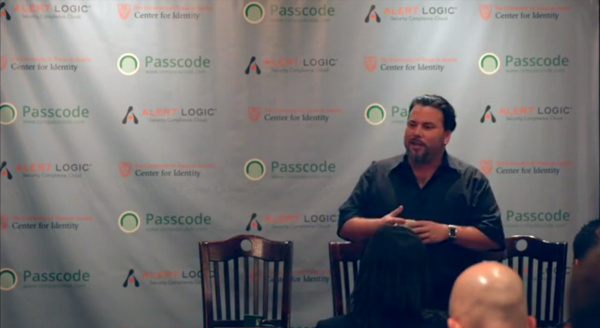 Defeating cybersecurity's emerging threats with threat intelligence
Defeating cybersecurity's emerging threats with threat intelligenceWith hackers lurking on your network for more than seven months on average, companies need to better work on keeping threats out in the first place -- and to do that, they need threat intelligence, said AlertLogic's Chief Security Evangelist Stephen Coty at a Passcode event on the sidelines of South by Southwest on Monday.
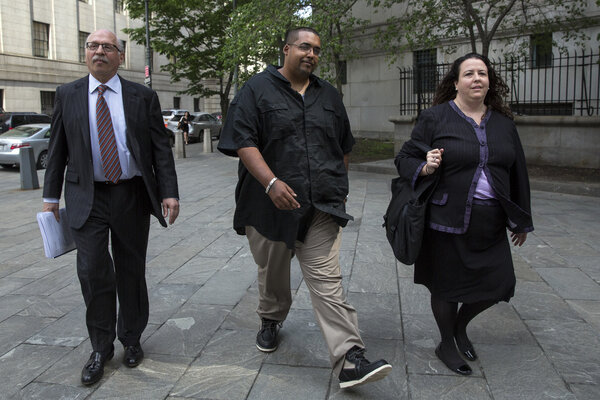 Making sense of an Anonymous feud with The Daily Dot
Making sense of an Anonymous feud with The Daily DotAnonymous is targeting the online tech publication for bringing aboard hacker-turned-FBI informant Hector “Sabu” Monsegur.
 What are the security risks of a connected world?
What are the security risks of a connected world?What are the security risks of tomorrow? Looking ahead 15 to 20 years, the answer to that question relates deeply to “connectivity.”
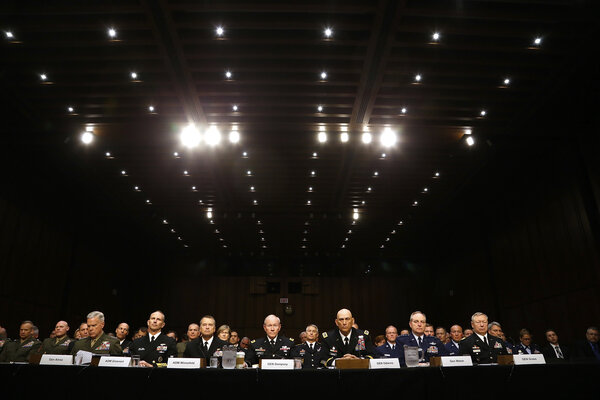 Opinion: Will 2015 be the year we shoot back in cyberspace?
Opinion: Will 2015 be the year we shoot back in cyberspace?After the Sony hack, here are some recommendations for when President Obama should authorize firing back to disrupt Russian or Iranian cyberattack campaigns.
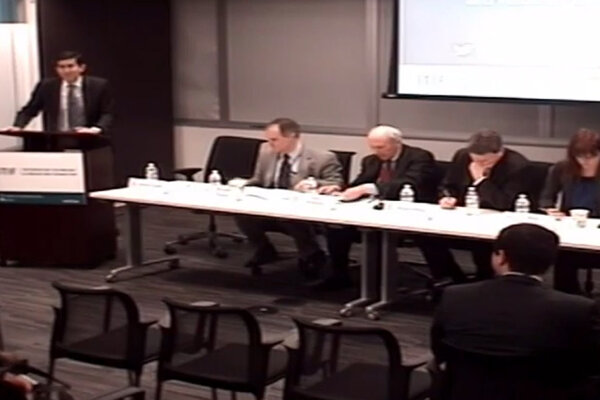 How should the US balance privacy and national security?
How should the US balance privacy and national security?Join a conversation featuring White House Cybersecurity Coordinator Michael Daniel on this crucial debate over how this will affect Americans and US enterprises in Washington, D.C. with Passcode and the Information Technology and Innovation Foundation.
- Opinion: How to defuse a simmering crypto war
In an Op-Ed provided by our partners at the Information Technology and Innovation Foundation, the director of the Cyber Security Policy and Research Institute at the George Washington University argues that engineering trust can help avoid a new battle over data encryption.
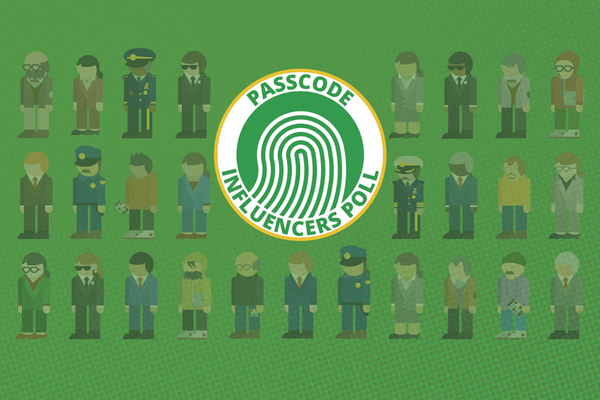 Influencers: Stronger encryption on consumer devices won't hurt national security
Influencers: Stronger encryption on consumer devices won't hurt national securityThe vast majority of Passcode Influencers oppose weakening encryption so that law enforcement could have easier access to personal data. In fact, many say that stronger privacy protections will ultimately improve national security.
- Opinion: Obama needs a cyberwar cabinet
The Sony hack demonstrated that modern warfighting will be defined as much by circuits and networks as by missiles and guns. Therefore, we need a new war cabinet comprised of cybersecurity experts from government and the private sector to ensure the US can respond in real time to the next massive breach.
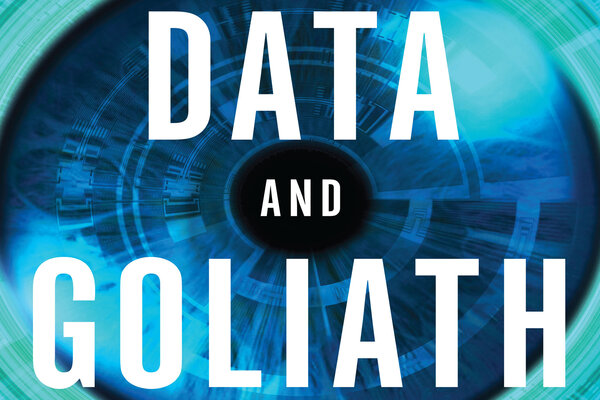 In our modern surveillance state, everyone can be exposed
In our modern surveillance state, everyone can be exposedMaintaining anonymity against powerful surveillor is nearly impossible. Even the most skilled hackers and spies risk discovery. In an era when everything is tracked and stored, we either need more robust ways of preserving anonymity – or to give up on the idea entirely.
- Why domestic drones stir more debate than ones used in warfighting abroad
John Kaag, coauthor of 'Drone Warfare,' says a 'disturbing mix of provincialism and exceptionalism' is the reason why Americans are more concerned about domestic drone usage than military drones used in targeted killing abroad.













